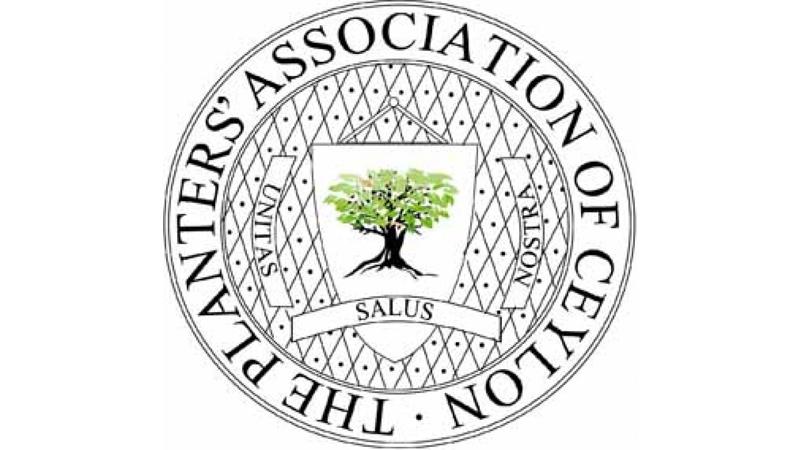
The Planters’ Association of Ceylon (PA) has commended the Government of Sri Lanka for its decision to postpone the abolition of the Simplified Value Added Tax (SVAT) system to April 1, 2025. This decision, initially planned for January 1, 2024, followed strong opposition from a broad coalition of exporters and business chambers.
While the postponement provides some relief, the PA called on the Government to further ensure that the SVAT system would be retained until a proper and effective alternative can be implemented in consultation with all stakeholders.
“Such a system must ensure the Government does not face challenges with revenue while also protecting the cash flows of Sri Lankan exporters, who are already facing significant challenges in an increasingly volatile global economic environment,” Planters’ Association of Ceylon, Secretary General, Lalith Obeyesekere stated.
The SVAT system, which has been a critical support mechanism for the industry since its implementation in 2011, remains vital for the survival of both Regional Plantation Companies (RPCs) and smallholder tea farmers.
Stakeholders remain deeply concerned that the eventual removal of SVAT without a robust replacement could lead to significant income losses for all exporters – particularly tea and rubber smallholders – and disrupt the entire tea value chain. Historically, the Sri Lankan tea industry saw robust growth until 2014, with exports surpassing 300 million kg and generating earnings of approximately US$1.5 billion.
“In 2018, the Government at that time set an optimistic target of doubling national tea production by 2025. But this trajectory shifted dramatically following the ban on Glyphosate in 2015, and a complete ban on fertilizer and agrochemicals in 2021.
“Both decisions severely impacted crop yields. By 2023, tea production had plummeted to around 223 million kilos, with export earnings dropping to about US$1.3 billion. Approximately 480,000 smallholders in Sri Lanka depend on tea for their livelihoods,” The PA stated.
Smallholders receive approximately 68% of the total price that the tea fetches at the auction for their green leaf. However, with average earnings around Rs. 23,000 per month for those cultivating an average of 0.5 acres, the financial strain is palpable. The anticipated loss due to the eventual removal of SVAT could amount to an estimated Rs. 24 billion annually for smallholders alone, representing 18% directly borne by smallholder families.
The SVAT system’s role is particularly crucial as over 90% of Sri Lanka’s tea is exported. The industry is already grappling with cash flow issues exacerbated by delayed VAT refunds, which can get significantly delayed, taking up to six or seven years in some instances. As RPCs receive less revenue from auctions with tea exporters paying an 18% VAT on exports since January 1, 2024, the overall production levels are expected to decline further. For instance, with 1 kilogram of tea priced at Rs. 1,200, the 18% VAT amounts to LKR 216, totaling up to Rs. 1,416. Exporters are required to pay this VAT upfront, impacting their cash flow significantly.
Delays in VAT refunds ties up capital that could otherwise be invested in production and operations. The cumulative financial loss for the industry in 2023 has already reached an alarming average of LKR 5 billion per month, totaling around LKR 60 billion per year due to VAT complications. The imposition of VAT increases operational costs for RPCs and smallholders alike, leading to reduced profitability and potentially lower production levels over the next five years.
To ensure the long-term stability and growth of Sri Lanka’s tea industry, the PA emphasized the need for a strategic approach. Government intervention is critical, with policies that enhance access to fertilizer and essential agricultural inputs, thereby reducing production costs and boosting productivity. Additionally, streamlining VAT refund processes is imperative to ease financial pressures on exporters, enabling timely reimbursements and improving cash flow. Collectively, these measures aim to strengthen the industry’s competitiveness, drive sustainable growth, and place it back on a robust growth trajectory.
In 2014, Kenya’s tea production reached approximately 415 million kilos, and by 2023, this figure had risen to around 550 million kilos, showcasing significant growth in the country’s tea sector. In contrast, Sri Lanka has experienced a decline in tea production, which has also raised concerns among stakeholders.



